Home » Champlain Towers
Articles Tagged with ''Champlain Towers''
Investigations
Better Scrutiny of Older Structures Needed in Wake of Surfside Condo Tragedy
Champlain Towers South collapse, which killed 98 people, called a cautionary tale
Read More
Investigations
Miami-Dade County Seeks Forensic Engineer to Probe Champlain Towers South Disaster
Surfside Mayor Burkett is irked that county police will not let town's collapse investigator on site
Read More
The latest news and information
#1 Source for Construction News, Data, Rankings, Analysis, and Commentary
JOIN ENR UNLIMITEDCopyright ©2025. All Rights Reserved BNP Media.
Design, CMS, Hosting & Web Development :: ePublishing
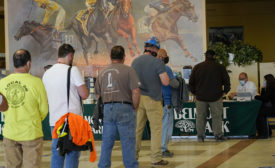

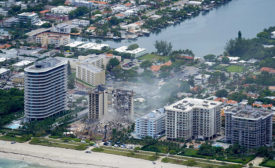

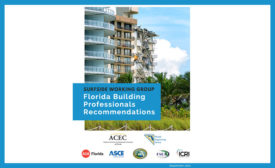
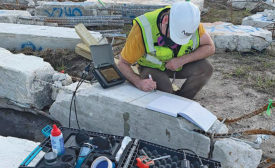
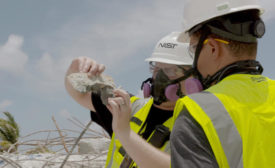

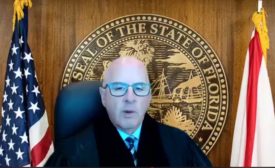
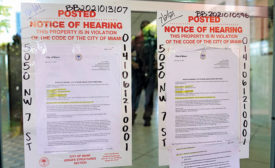

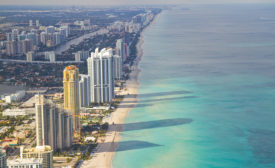
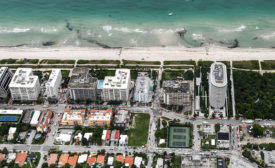
_ENRreadyLarge.jpg?height=168&t=1627577757&width=275)